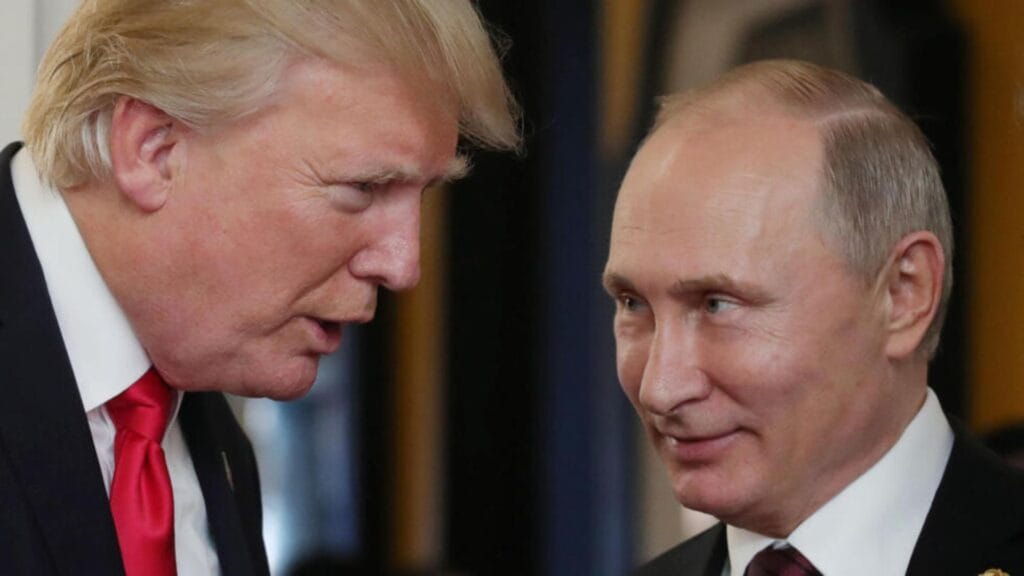President-elect Donald Trump will be taking over on January 20 after winning the election over Vice President Kamala Harris. Already, he is fronting big plays in the world arena ahead of his assumption of office. Recently, Trump reportedly committed to Russian President Vladimir Putin that he would not escalate the conflict in Ukraine. That’s because this is as current President Joe Biden is preparing to plead his case for Trump not to roll back U.S. support for Ukraine in an ongoing war.

This phone call between Trump and Putin has stirred controversy because there is already proof that he reached out to Ukrainian President Volodymyr Zelenskyy. Some of the vocal criticism Trump had regarding the military aid and money the U.S. was sending to Ukraine was part of his campaign.
The foreign ministry when asked for comments over the call made by Trump and Putin said it hadn’t been told about the communication in advance. Not wanting to loudly proclaim a definitive position of either support or disapproval the Ukrainian officials simply decided not to take one, perhaps the diplomatic thing to do considering how Trump’s stance might serve to affect the state of the war.
Trump’s communications director Steven Cheung only said they wouldn’t comment on private conversations between President-elect Trump and foreign leaders when asked about the call with Putin. It appears Trump would continue his policy to keep sensitive international discussions under wraps, at least for now.
READ | Putin Congratulates Trump on Victory, Says “Ready” for Future Talks
On Wednesday, Biden will be hosting Trump at the White House. Among the central matters that will be taken up in this meeting will be ensuring a clean transfer of power and discussing the geopolitical environment, particularly concerning Europe, Asia, and the Middle East. U.S. National Security Adviser Jake Sullivan says a priority for Biden is to communicate the necessity of a peaceful transition and to plead on behalf of Ukraine that it needs continuing support. Biden’s going to argue here that if the U.S. withdraws from Ukraine, it risks further destabilization in Europe. This, he argues, would harm not only Ukraine but also poses broader security concerns for the European continent.
Sullivan told CBS News in an interview, “The next 70 days will allow President Biden to explain to Congress and Trump’s team why maintaining Ukraine is important to the stability of the region.” The Biden stance would appear to give itself the look of long-term commitment to Kyiv, but a question remains how the Trump administration might approach not only Ukraine but other potential conflicts in regional conflicts involving parts of the Middle East that also have given American interest.
There will be interesting weeks ahead when the Biden team attempts to push for stability, while Trump takes a divergent stance regarding America’s position in the global wars. The directions that President-elect Trump is taking on issues regarding Ukraine, Russia, and the world at large are what shall dictate the courses of U.S. foreign policy in the next four years.
While some may hope Trump’s policies presage de-escalation, it is also just as likely he will face pressures to keep up some alliances and commitments. In my head, Trump’s move will probably be one of cautious retraction of U.S. involvement, especially if he continues using his “America First” rhetoric. But whether this retraction can work for the United States without new problems for the allies is something only time will tell.
The coming transition period promises so much debate and discussion, and it could indeed set the tone for how America will navigate these tricky geopolitical waters in the years that come.
Minutes by M31GlobalNews






